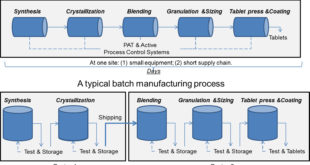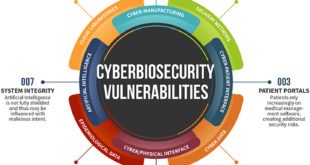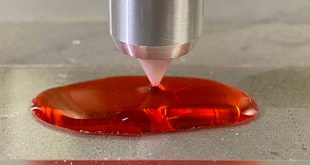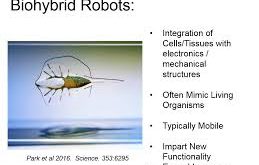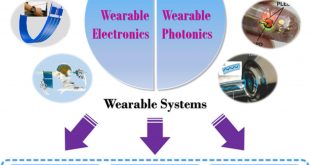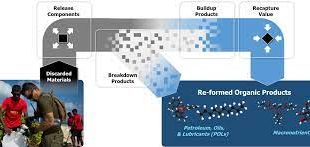The manufacturing of pharmaceuticals has lagged behind the research and development of new therapeutics. The same batch processes that were used over a century ago are still being used today, while other industries have moved forward with automated and continuous operations (eg, fine chemical, oil, gas, and food industries) …
Read More »Cyberbiosecurity threats, vulnerabilites and cyberbiosecurity technologies
The life sciences now interface broadly with information technology (IT) through its industrial applications in health care, agriculture, manufacturing, automation, artificial intelligence, and synthetic biology. The information moves between living and cyber systems in a two-way flow. Global public health crises create conditions of extreme fragility where dual-use technologies …
Read More »Blood Shortage on the Battlefield require new blood transfusion, transportation and manufacturing technologies
Blood transfusion is an essential medical practice that is frequently under the threat of limited availability. Each year, 120 million blood donations are realized in the world, of which 50% are accessible to only 16% of the world population. Even in developed countries, shortages are not uncommon (ex. aging population …
Read More »Biohybrid robots are next revolution that incorporate living organisms into robots to optimize their performances.
Scientists have created robots of all shapes and sizes with increasing complexity in recent decades. Some robots function well on assembly lines, tightening bolts or welding together sheets of metal. Recent years have also witnessed an increased interest in intelligent micro-robots. Due to their small size, micro-robots can simulate the …
Read More »Neuroscience or Cognitive Biotechnology (CBT) increasingly being militarized and weaponized.
Neuroscience (or neurobiology) is the scientific study of the nervous system. It is a multidisciplinary branch of biology that combines physiology, anatomy, molecular biology, developmental biology, cytology, mathematical modeling and psychology to understand the fundamental and emergent properties of neurons and neural circuits. Neuroanatomists studied the brain’s shape, its …
Read More »Wearable Photonic devices making personalized medicine and health tracking a reality.
Currently, old-style personal Medicare techniques rely mostly on traditional methods, such as cumbersome tools and complicated processes, which can be time-consuming and inconvenient in some circumstances. Furthermore, such old methods need the use of heavy equipment, blood draws, and traditional bench-top testing procedures. Invasive ways of acquiring test samples can …
Read More »DARPA Cornucopia to produce palatable food from microorganisms for soldiers
With nutritional status being central to success in battle, food technology has long been considered an enabler for military operations. Food technology has been instrumental in ensuring that troops remain “fit to fight”. Early military leaders realised that how well their men were fed played a crucial role in success …
Read More »Space risks to Astronauts in Deep missions
What exactly happens to the body in space and what are the risks? Are the risks the same for astronauts who spend six months on the space station versus those who may be away on a Mars mission for years? The simple answer is “no.” NASA is researching risks for …
Read More »DARPA SBIR for 3D printing of safe and edible food products converted from waste
With nutritional status being central to success in battle, food technology has long been considered an enabler for military operations. Food technology has been instrumental in ensuring that troops remain “fit to fight”. 3D printing technology for food continues to advance. The 3D printing technology will be fundamental to …
Read More »DARPA ReSource converting military waste into useful products
Over the past decades, global plastic production and consumption have witnessed a meteoric rise. Plastic is durable, easy to produce, lightweight, unbreakable, odourless, and chemically resistant. Its low manufacturing cost and durability are the two main factors responsible for the industry’s rapid growth. A so-called wonder product of the twentieth …
Read More » International Defense Security & Technology Your trusted Source for News, Research and Analysis
International Defense Security & Technology Your trusted Source for News, Research and Analysis
